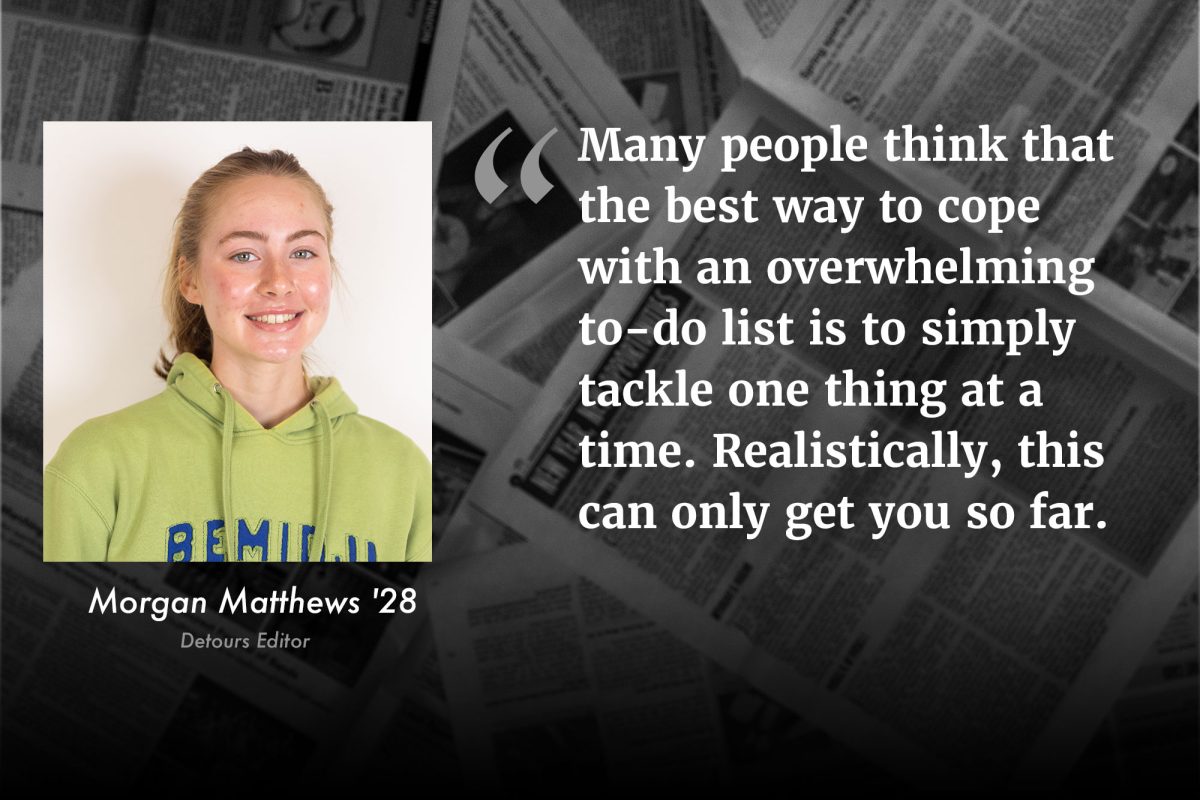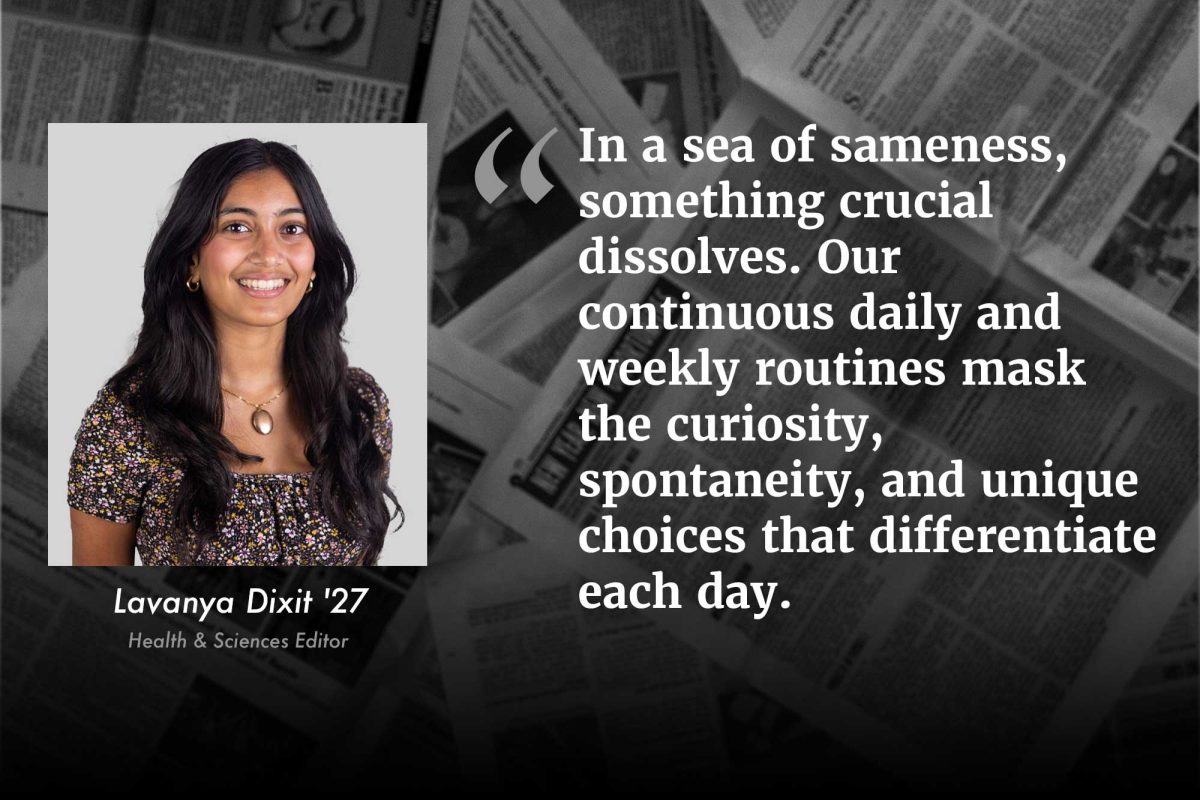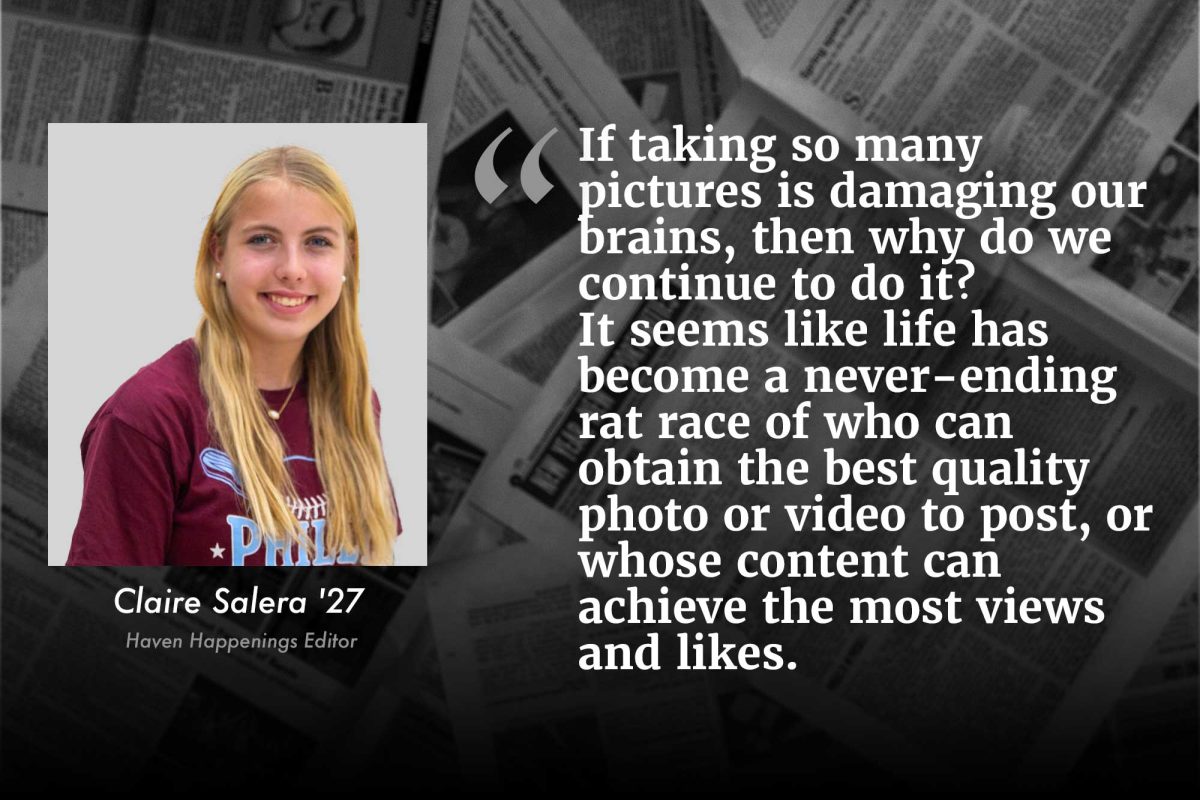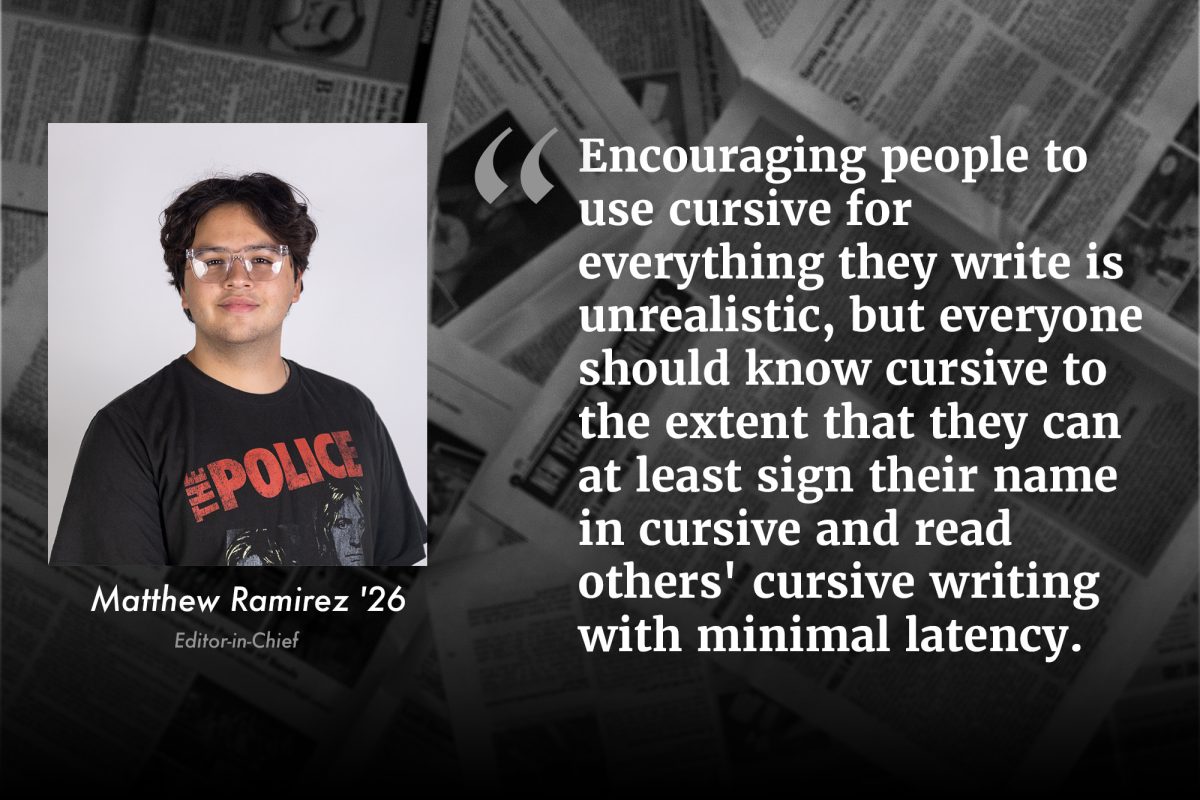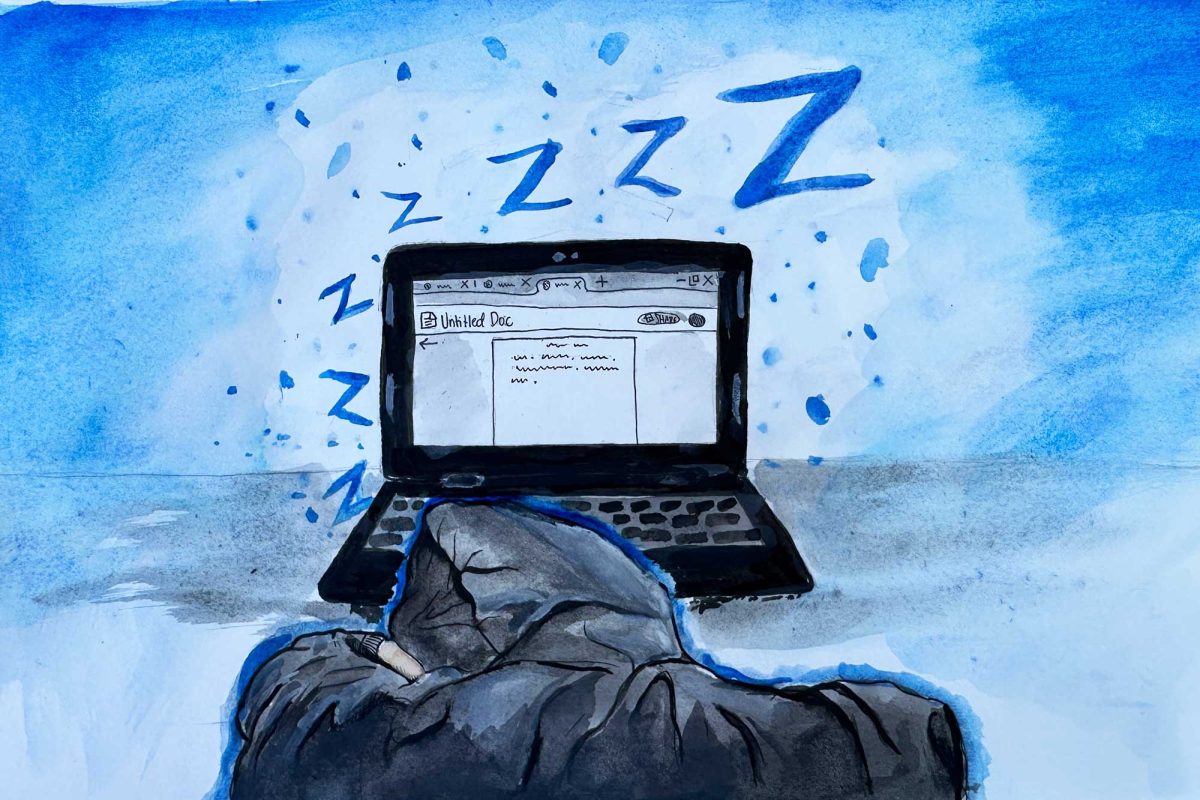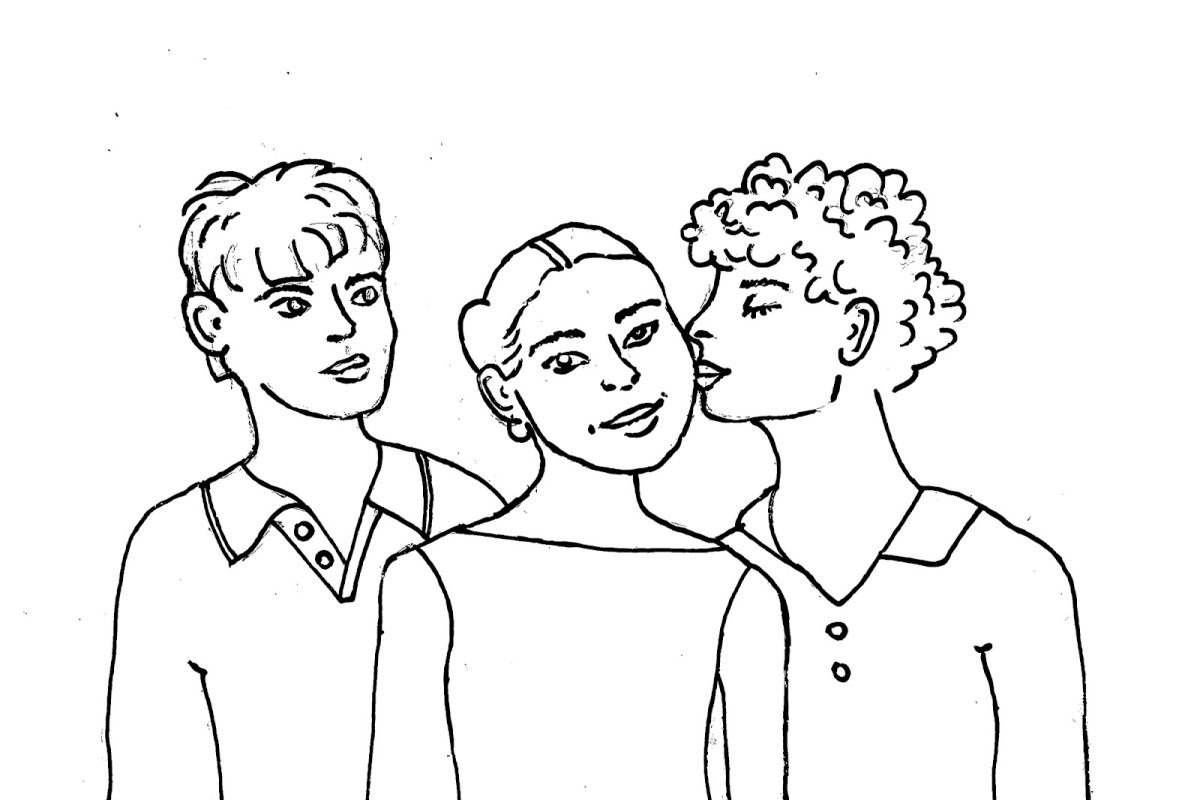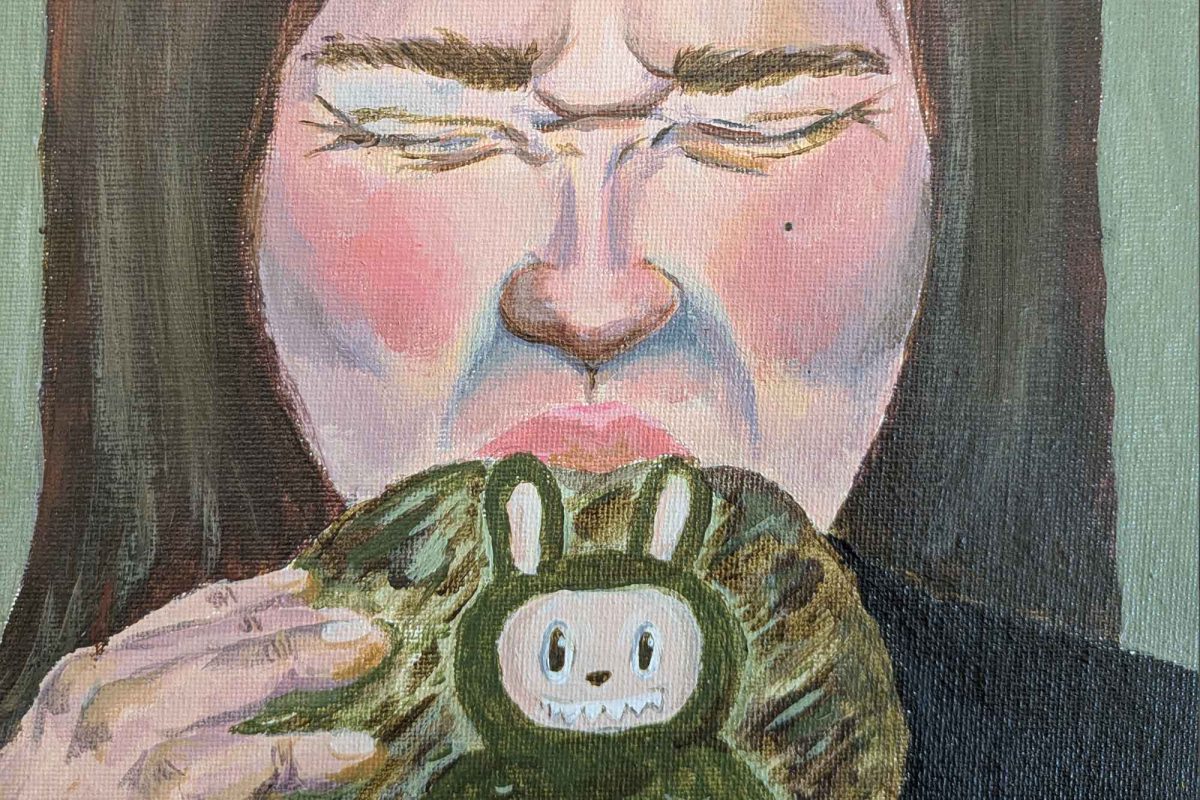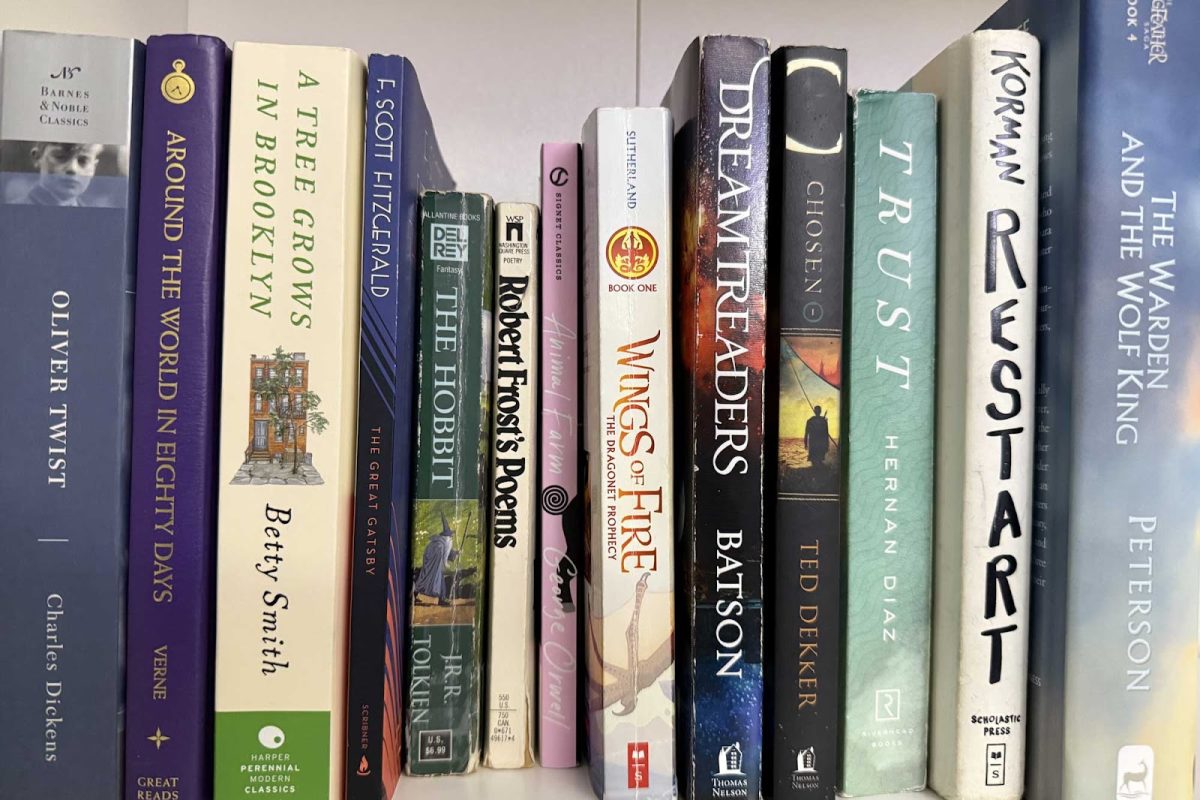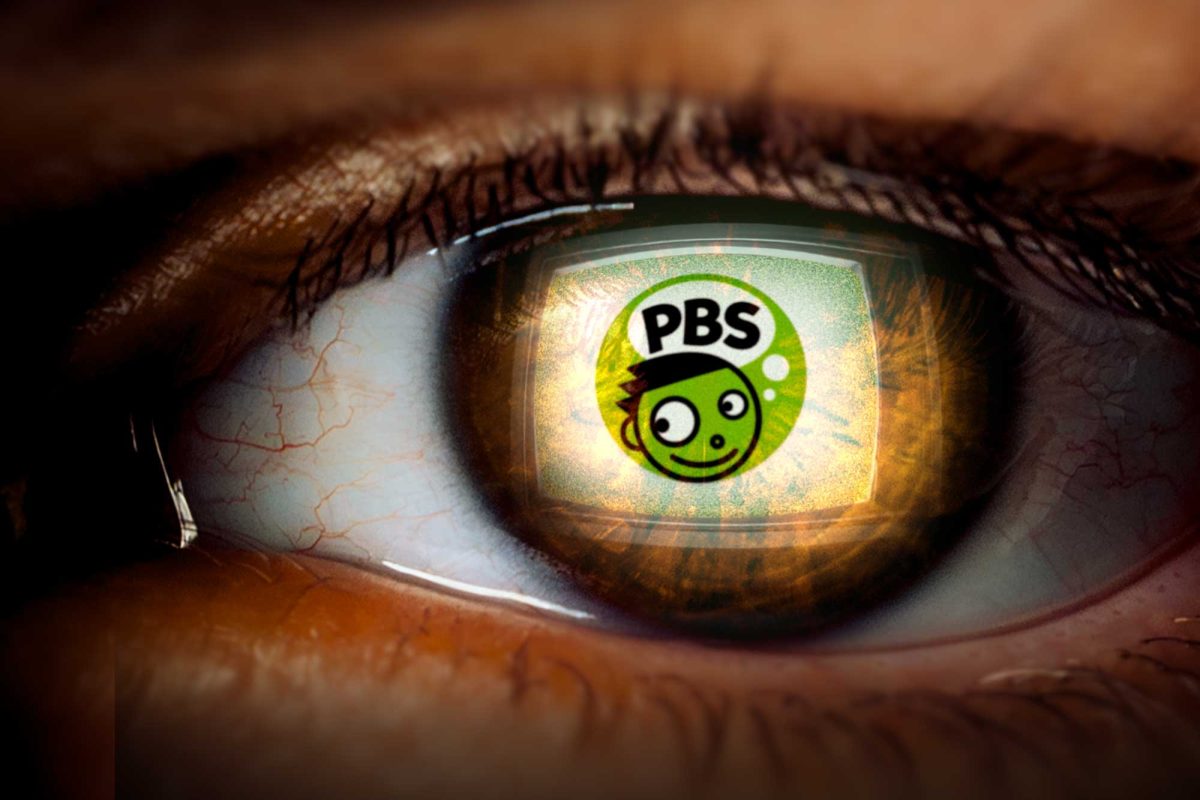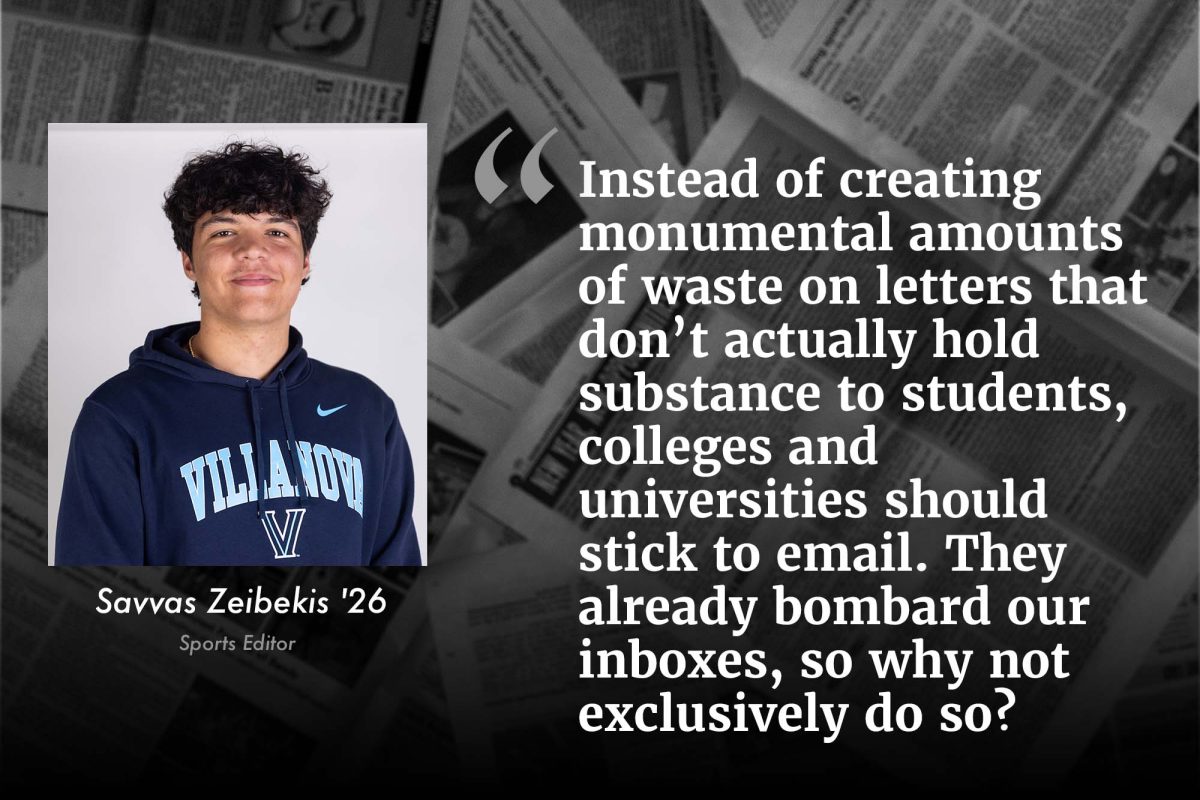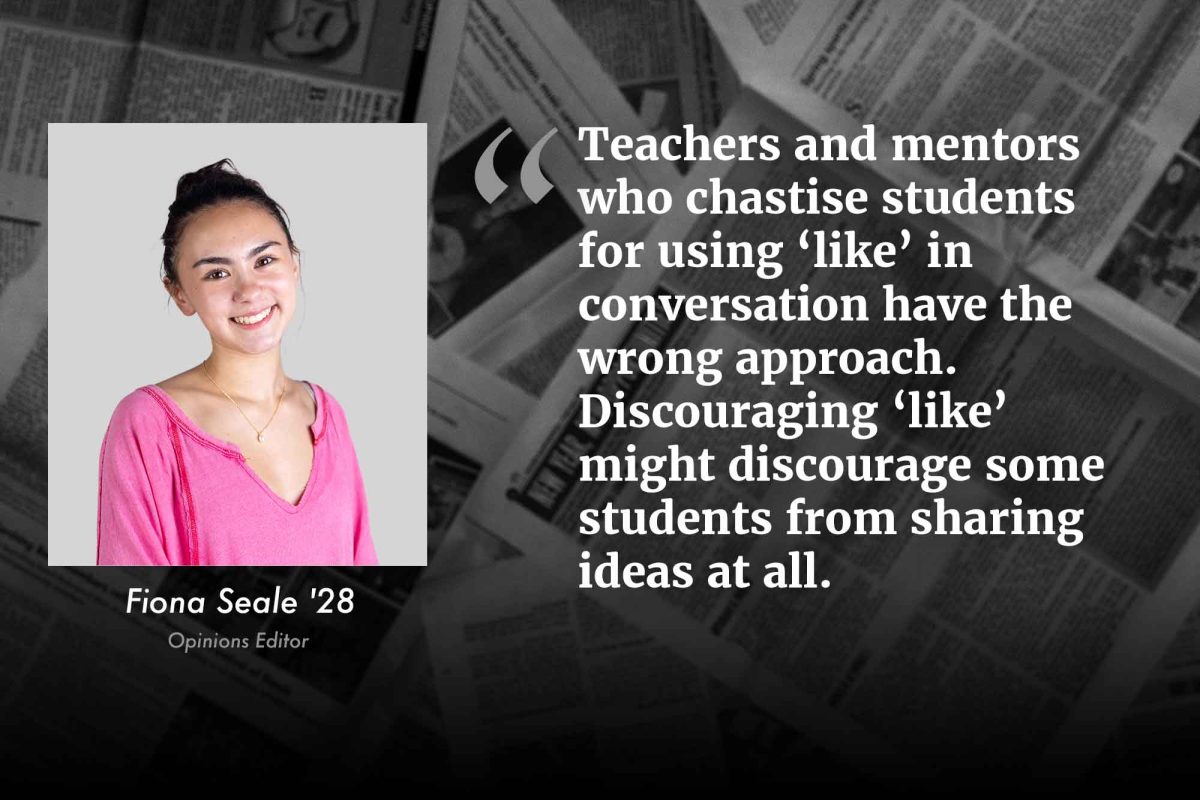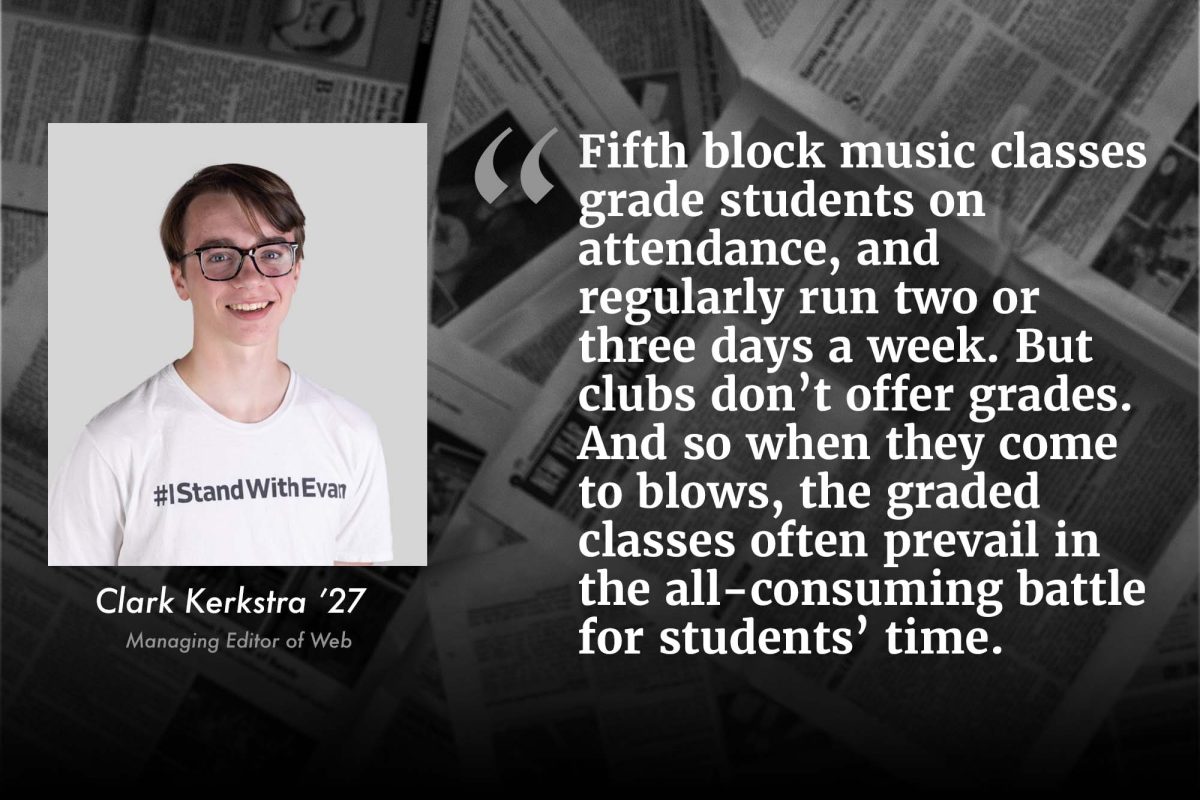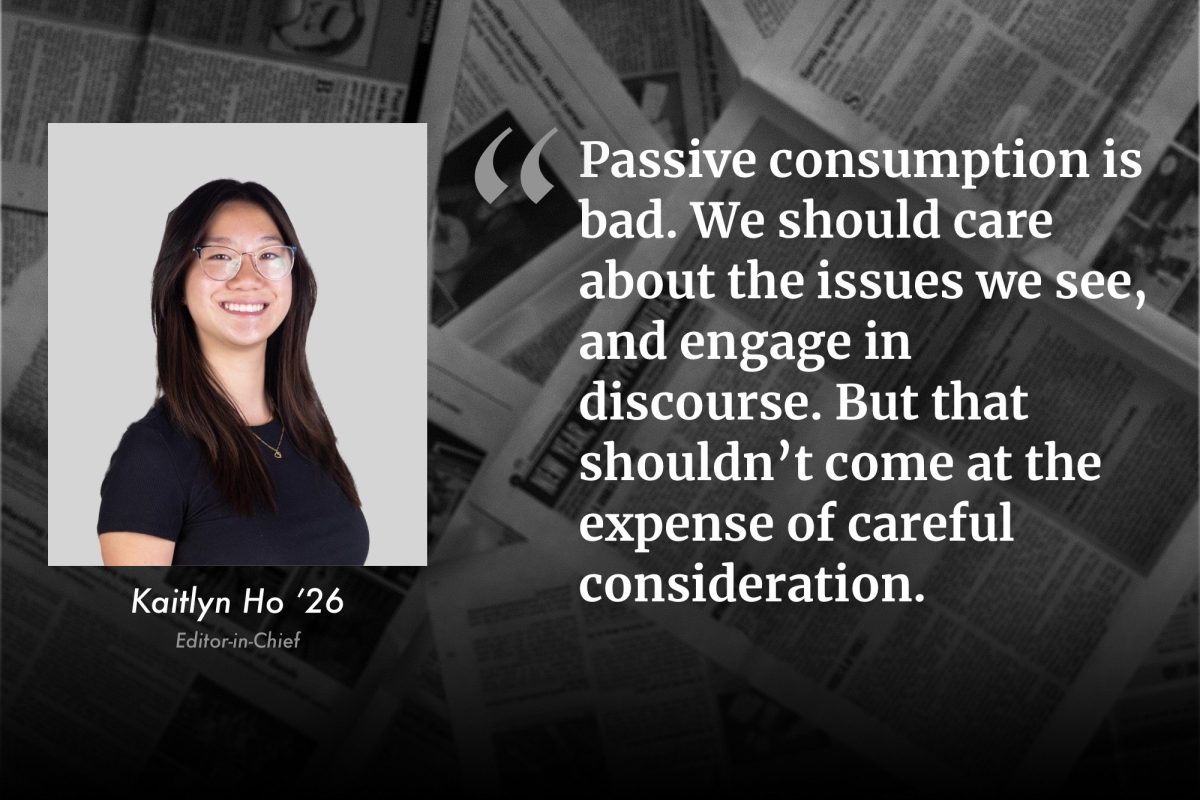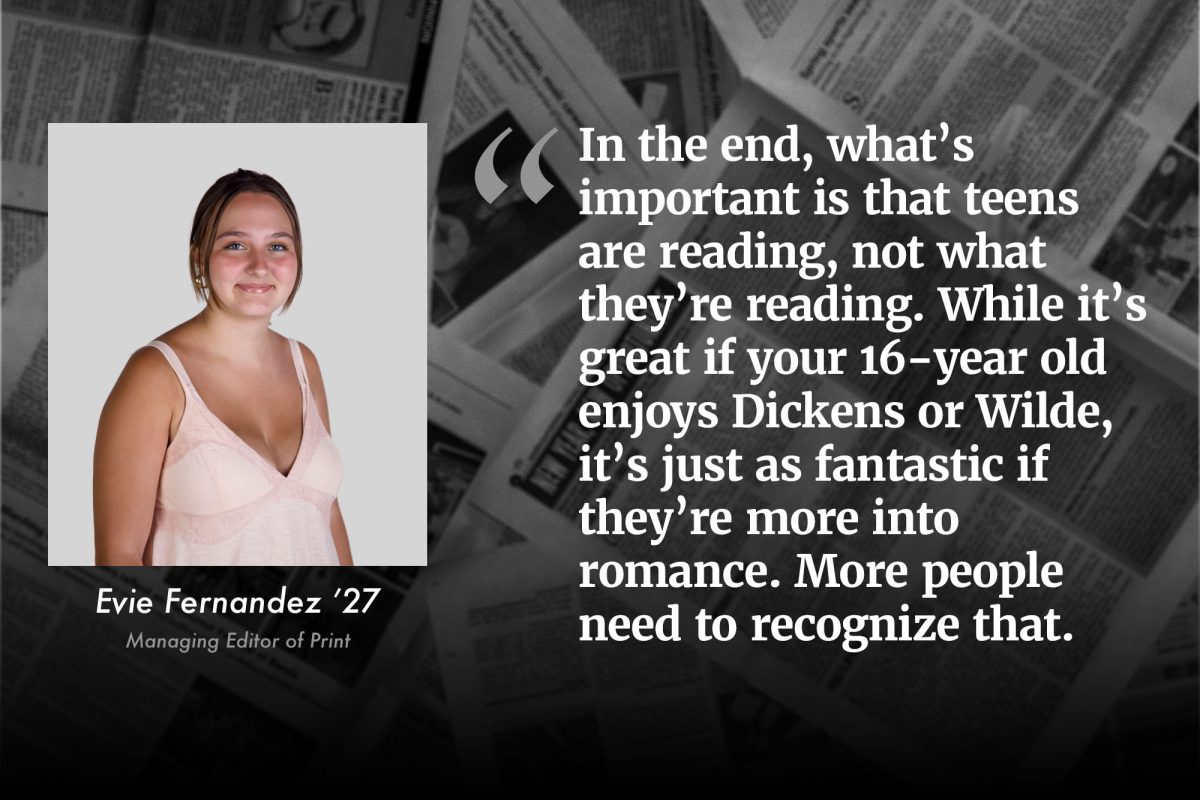In today’s world where we are encouraged to push ourselves to the limit, have we gone too far?
In a culture that embraces a do-it-all mentality, students are suffering.
The time when I could take a break from my commitments to sit back and relax without a thought in my head is gone. Now, there’s always something lingering in the back of my mind, a never-ending to-do list that plagues my subconscious. I can’t help but wonder, am I supposed to feel this way?
Multitasking no longer affects only my physical actions, but now dictates my thoughts, feelings, and overall state of mind.
There is an overwhelming pressure that rests on students’ shoulders to be academically excellent, socially active, and mentally well. Sure, these things are all important, but it’s difficult to make all the pieces fit together. For many, living a balanced life is hard and skewed towards one of these ideals. Often, excelling in one of these areas comes along with shortcomings in another.
“At this point, I’ve done all I can do.”
That’s what I told myself at 11:30 p.m. last week as I found myself preparing for multiple tests, fulfilling extracurricular commitments, and completing class assignments. It came to a point where I had to cut my losses and prioritize certain things over others, coming to terms with the fact that I would not be fulfilling some of my commitments. I felt I was doomed and more stressed out than when I began.
According to the American Psychological Foundation, nearly sixty percent of teens report that they are significantly stressed out by managing their time and balancing activities effectively.
My problem didn’t stop with the fact that the material I was studying was hard, or that I didn’t have enough time. Rather, I couldn’t bring myself to focus on only one thing at a time. Just when I was starting to get into the flow of one subject, my train of thought would be derailed by six other things I had to do. It was like my brain was multitasking by default.
According to Dr. Cynthia Kubu of the Cleveland Clinic, the more we multitask, the less we actually accomplish, because we slowly lose our ability to focus enough to learn. “If we’re constantly attempting to multitask, we don’t practice tuning out the rest of the world to engage in deeper processing and learning,” Dr. Kabu stated.
Many people think that the best way to cope with an overwhelming to-do list is to simply tackle one thing at a time. Realistically, this can only get you so far.
Now, I’m not saying that students can’t handle multiple things at once, this would be unreasonable. Rather, what I am suggesting is that it’s important to take into consideration our own personal limitations and stress ceilings. At times, the best thing to do is take a few things off an overflowing plate. Giving your brain space to rest and reset is sometimes the most productive thing you can do for yourself.
According to research by Harvard Medical School, we are the ones in charge of our own plans. If we decide that we have too much going on, it’s our prerogative to ease off some things.
It’s great to be involved in many things, however, prioritizing what is most important to ourselves is valuable. Burnout isn’t a badge of honor, it’s the result of overextension and a disregard for our own limits.
Rather than approaching life with a more-the-better attitude, it’s time to acknowledge quality over quantity, ditching multitasking for mental clarity.



